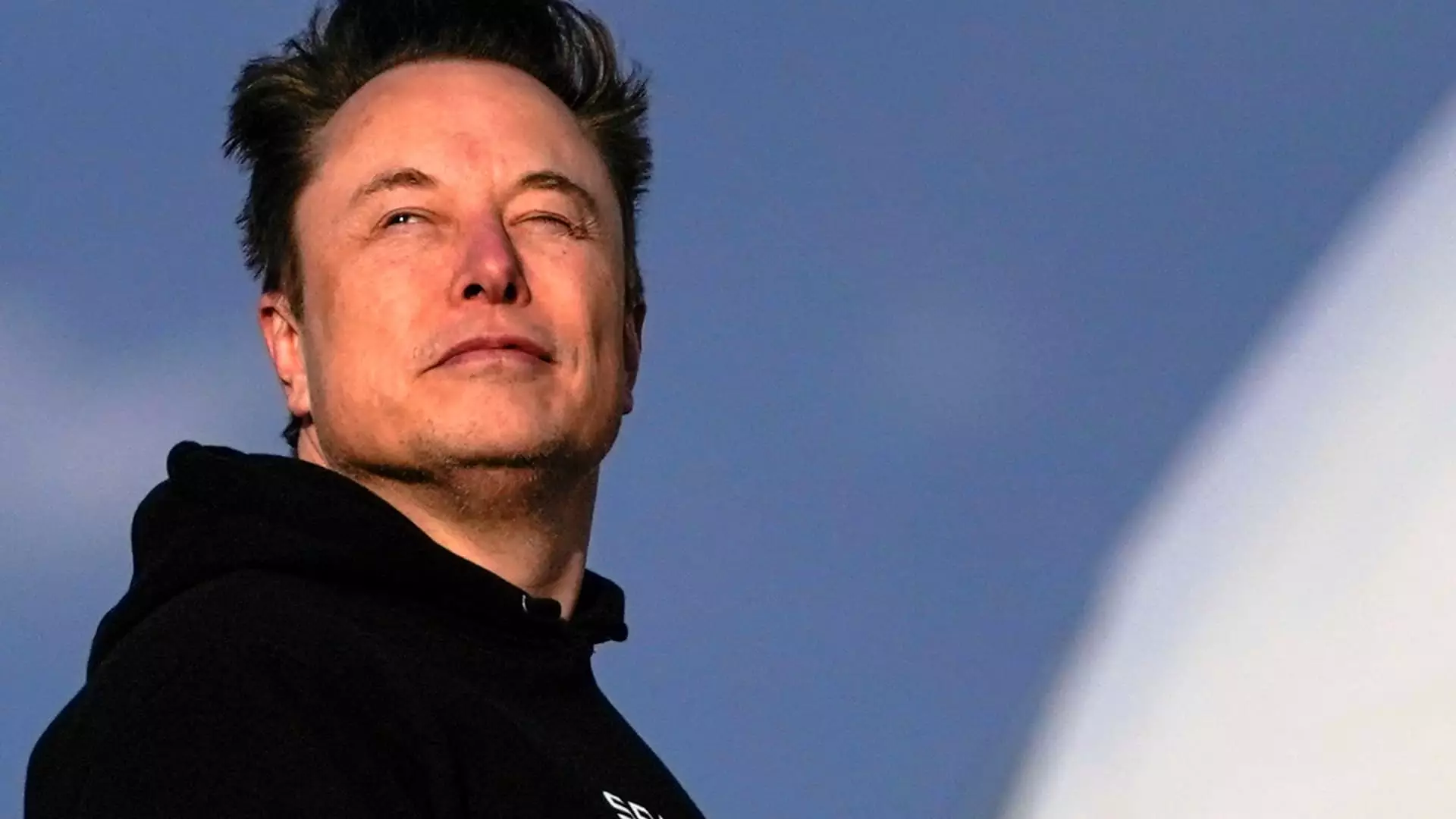In a bold move that sends ripples across the tech world, Elon Musk recently announced the merger of his artificial intelligence startup xAI with X, the social media giant formerly known as Twitter. This all-stock transaction values xAI at a staggering $80 billion and X at $33 billion. Musk’s claim that the “futures are intertwined” unveils not just a corporate consolidation but a vision for a digital future wherein data and computational prowess seem poised to reshape societal discourse and technological advancement. However, such grand ambitions come with their complications and controversies, raising valid concerns about the implications for user privacy, corporate governance, and monopolistic tendencies in the tech space.
The Price of Innovation: Financial Considerations
The $45 billion transaction—minus $12 billion in debt—might appear impressive on paper, but it raises critical questions about financial sustainability and long-term profitability. It has become evident that Musk’s cavalier approach to mega-deals might not always prioritize stakeholder welfare. Given the volume of debt involved, how will both firms manage their financial obligations while pushing forward with ambitious projects? Musk’s investors should be wary; the stock swap may benefit some in the short term, but financial fragility can lead to instability in the long run, undermining shareholder confidence. Innovative visions often require sound financial stewardship, a balance Musk must diligently uphold.
The AI Landscape: Competition and Controversy
Emerging as a key player in the burgeoning AI sector, xAI has set its sights on directly competing with industry giants like OpenAI, Google, and Microsoft. Yet, this is not just a clash of technological prowess; it is a power struggle imbued with ideological undertones. Musk’s past with OpenAI is riddled with tensions and controversy, as he publicly criticized the organization’s trajectory in recent years. It raises an alarming question: does Musk’s consolidation of tech power across multiple platforms serve the interests of innovation, or does it threaten to create an echo chamber devoid of diverse viewpoints? As xAI’s Grok chatbot is integrated into X, users must ponder whether their digital interactions are merely fodder for further Musk-controlled algorithms and models designed to shape discourse in ways unforeseen.
The Environmental Concerns Surrounding Rapid Development
One cannot overlook the pressing environmental implications stemming from the construction of xAI’s supercomputer facility in Memphis, Tennessee. There is an alarming lack of community input and regulatory scrutiny in the project’s timeline, raising eyebrows among environmental and public health advocates. The decision to power the facility with natural gas burning turbines and plans for a graywater treatment plant seem focused on expediency rather than fostering sustainable development. As the world walks a tightrope between technological advancement and ecological preservation, Musk’s singular approach risks alienating not only local residents but also a broader audience that increasingly values environmental responsibility.
Political Influence: Musk as a Power Broker
Adding another layer of complexity is Musk’s newfound political role as central to the Trump administration’s second term. His $300 million expenditure to back Republican candidates and initiatives, coupled with his leadership position in the Department of Government Efficiency (DOGE), situates him not merely as a tech entrepreneur but as a significant political force. This dual role creates a potentially dangerous overlap where business interests can effortlessly intertwine with political favor, raising questions about ethical governance in a landscape marked by rapid technological change. As Musk seeks to streamline government expenses while benefiting his own business ventures, the potential for regulatory capture looms large.
A History of Controversial Mergers
This merger isn’t Musk’s first foray into bold consolidations; the Tesla-SolarCity deal serves as a historical backdrop that echoes through his latest venture. When Tesla acquired SolarCity for $2.6 billion, the company faced backlash and litigation over alleged conflicts of interest and financial impropriety. While legal systems have often sided with Musk, the precedent highlights a pattern; when control consolidates, scrutiny may fade, and ethical dilemmas can get lost in ambitious visions of progress. This history casts a shadow over the xAI and X merger, where the blending of power may obscure accountability.
While the merger between xAI and X presents a captivating glimpse into the tech titan’s ambitions, it also begs serious questions concerning financial sustainability, ethical governance, and environmental responsibility. As society stands at the precipice of a new digital landscape, a vigilant eye must be cast upon the motivations underlying such grand consolidations.

